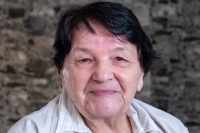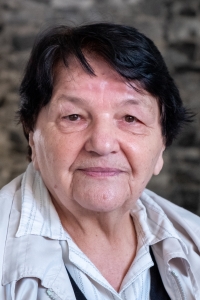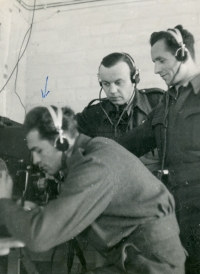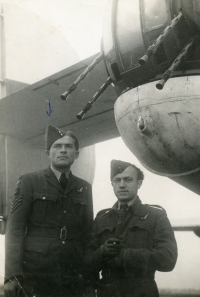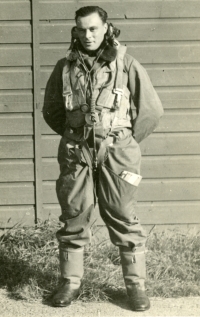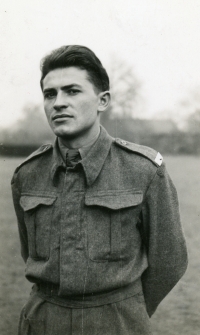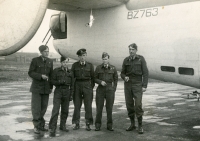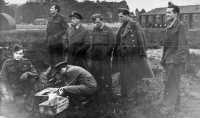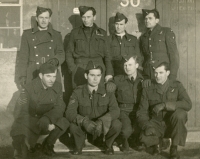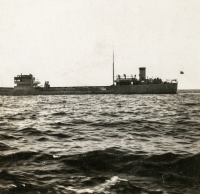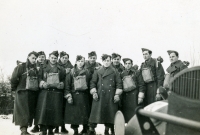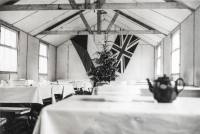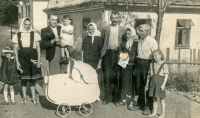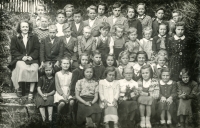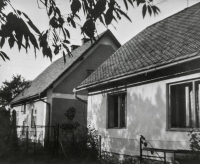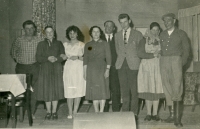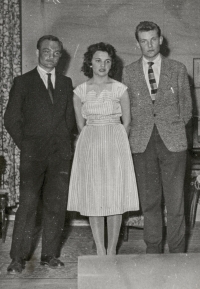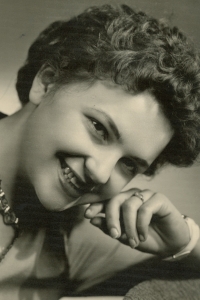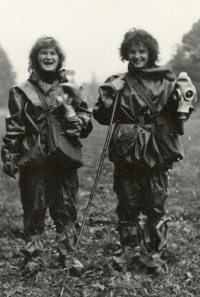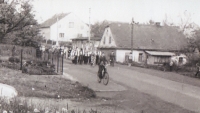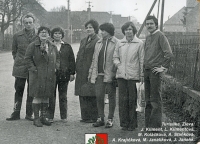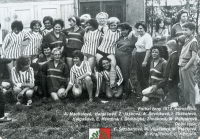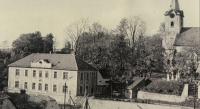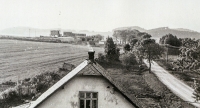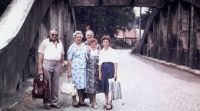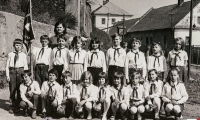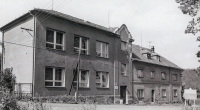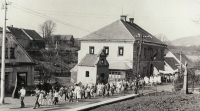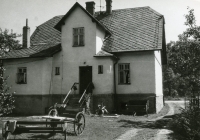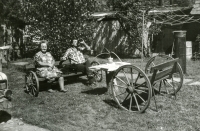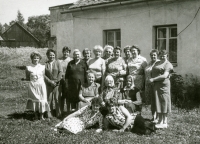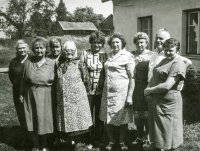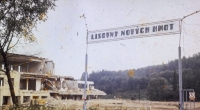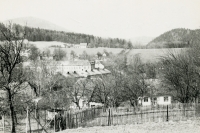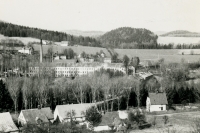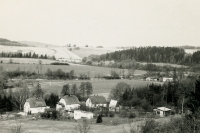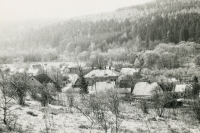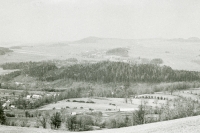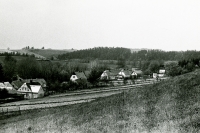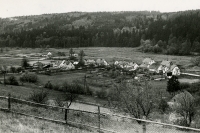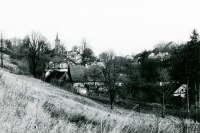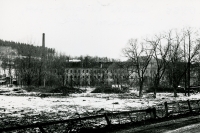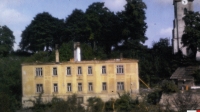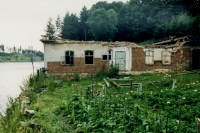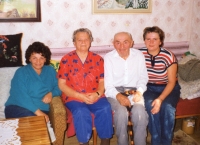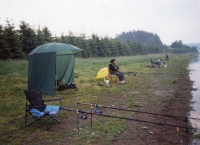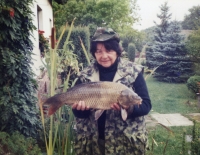We had to move out because of the dam. A neighbor hanged herself
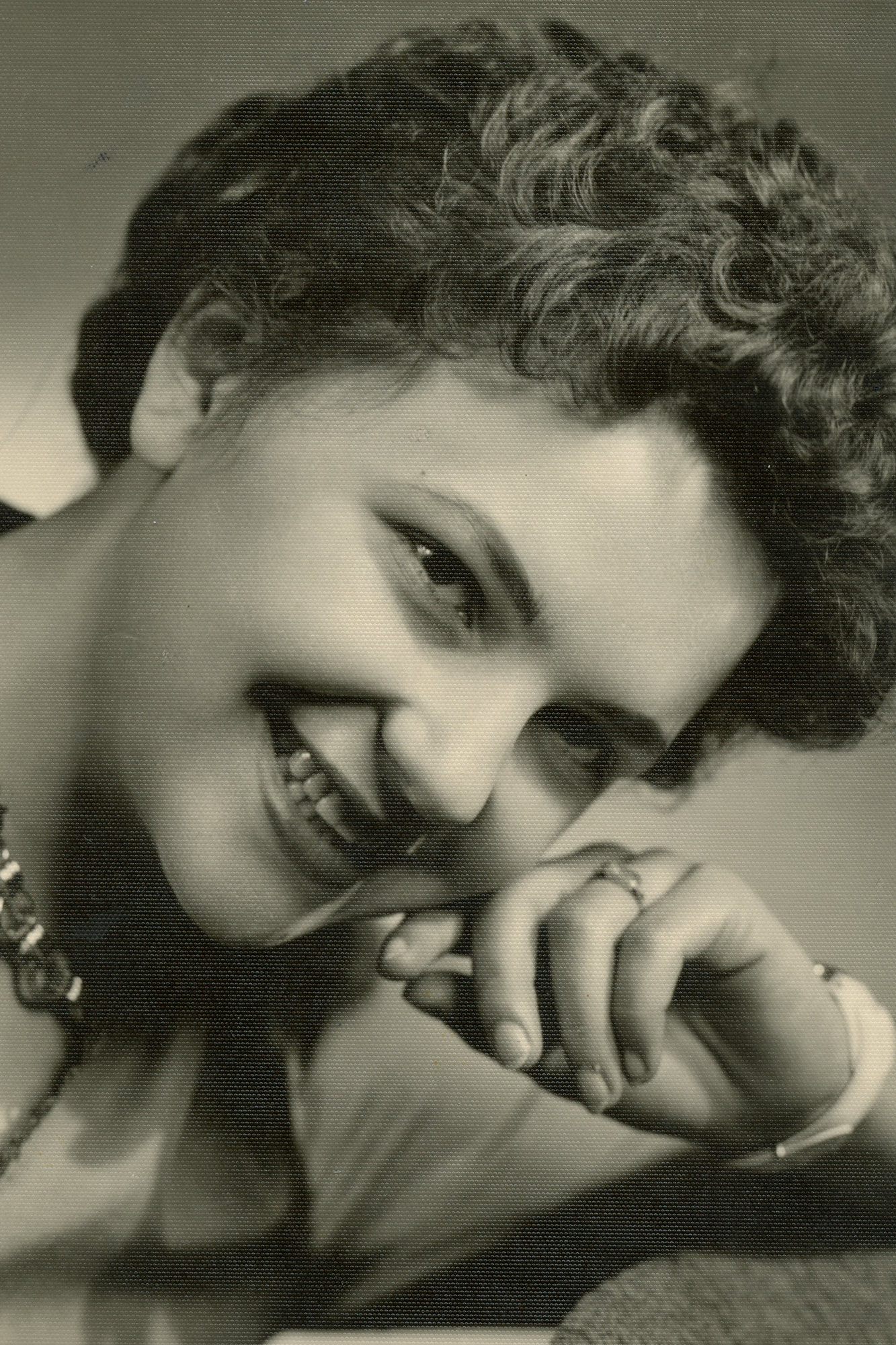
Stáhnout obrázek
Agnesa Krajíčková was born on 10 January 1944 in Olešná, Slovakia. Her father Ondřej Jaroš was not involved in the first uprising in Banská Bystrica at that time, which probably saved his life. His younger brother Štefan served in the British Air Force during World War II. After the war, the family moved to Leskovec nad Moravicí to the farm of displaced Germans. Agnesa Krajíčková fell in love with the area as well as the locals, from whom she learned a lot about the village‘s past and especially about Czech-German relations. She remembers the forced collectivisation in the 1950s, as well as the transformation of a private factory into the Lisovna nových hmot, where she worked until the 1980s. At that time, the state apparatus decided to liquidate part of Leskovec, including other adjacent villages, for the construction of the Slezská Harta waterworks. She lived with her husband Jiří Krajíček and their three sons in a renovated house that had to be demolished. Together with other residents, she experienced the tense atmosphere of displacement with difficulty. Her neighbour Marie Kročková could not bear the weight and hanged herself. The Krajíček family moved to Krnov in 1987, but right after 1989 she and her husband lost their jobs and had to move again. At the time of filming in 2024, she was living in Opava.
